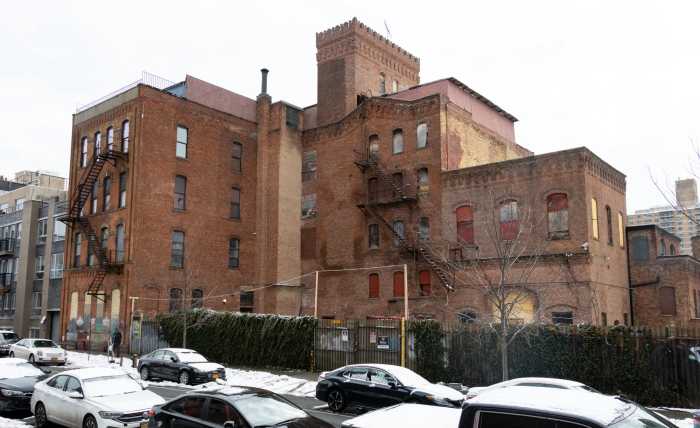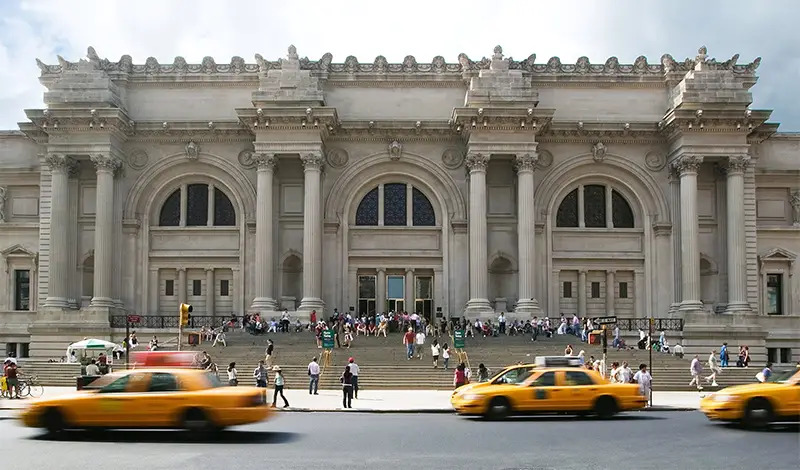Forget Venezuela — the latest solution to the energy crisis may be in Red Hook.
A renewable-fuel upstart has submitted plans for the city’s first large-scale manufacturing facility for biodiesel, a clean-burning gasoline substitute made with vegetable oils and animal fats rather than 100 percent petroleum.
“It’ll be clean, green and the only thing of its kind in the area,” said Gowanus Industrial Park owner John Quadrozzi, who plans to lease a 15,000-square-foot lot on Columbia Street near Halleck Street to the green gas outfit, Tri-State Biodiesel.
Tri-State, which now operates in a smaller facility in the neighborhood, has already applied for a $4-million grant from the city to build a plant and “tank farm” where cooking oils from restaurants would be collected and mixed with methanol and some petroleum to form a less-toxic fuel that can be used in all diesel engines.
The fuel produces 78 percent less carbon-dioxide emissions than standard diesel.
Even before the plant is online, the news is energizing environmentalists, diesel car owners and everyone who is dreading the moment when the U.S. oil supply runs dry.
“This could be a solution,” said Glenn McAnanama, who blogs about the international oil crunch at nyc.theoildrum.com.
“You’re making efficient use of what was waste, reducing our reliance on foreign oil and decreasing pollution.”
More than a million gallons of waste oil could be collected for reuse from Brooklyn kitchens alone, according to a 2004 Cornell study.
The proposed plant includes a distribution center where local truckers and bus drivers could fill up — for $2.65 a gallon, according to Tri-State.
“We believe that that there are dozens of local bus and truck [fleets] that will be able now to switch,” said Phaedra Thomas, executive director of Southwest Brooklyn Industrial Development Corporation.
Yet some in Red Hook worry that the clean oil may be still too dirty for the popular baseball diamond — home to the Mexican Baseball League of New York— and public park that sit just west of the industrial park’s exhaust-colored concrete walls.
The new facility would replace a storage lot now occupied by mounds of smoke-free road salt.
“We are talking about a site that is immediately adjacent to one of the city’s most-popular recreational areas,” said John McGettrick, Red Hook Civic Association President. “We have to find out more.”
Experts agree that the conversion of cooking oil into fuel does create a small amount of emissions. But even environmental watchdogs note that the emissions are minor compared to conventional petroleum production.

























